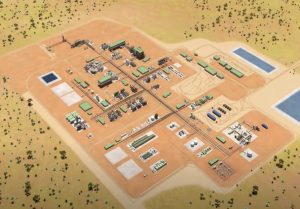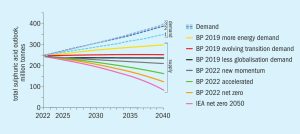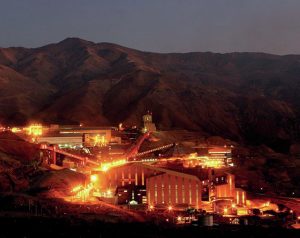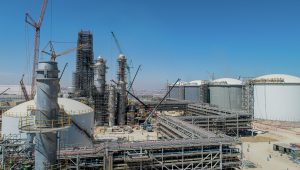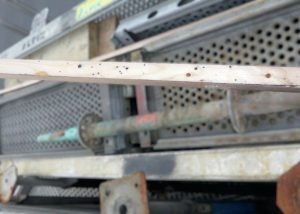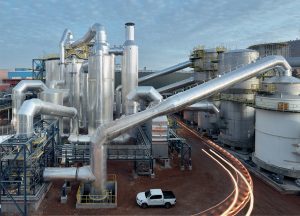
Sulphuric acid plants as a source of carbon free energy export
The sulphuric acid process is virtually carbon free and, as such, it is important to consider the energy requirements of the associated industrial complex before deciding upon what form the energy should be exported from the acid plant. In this article, Stefan Braeuner, Stefan Mohsler and Anne Mohsler of Metso Outotec use case studies to exemplify the need to fully analyse the local conditions at site before a decision is taken on a specific flowsheet.

